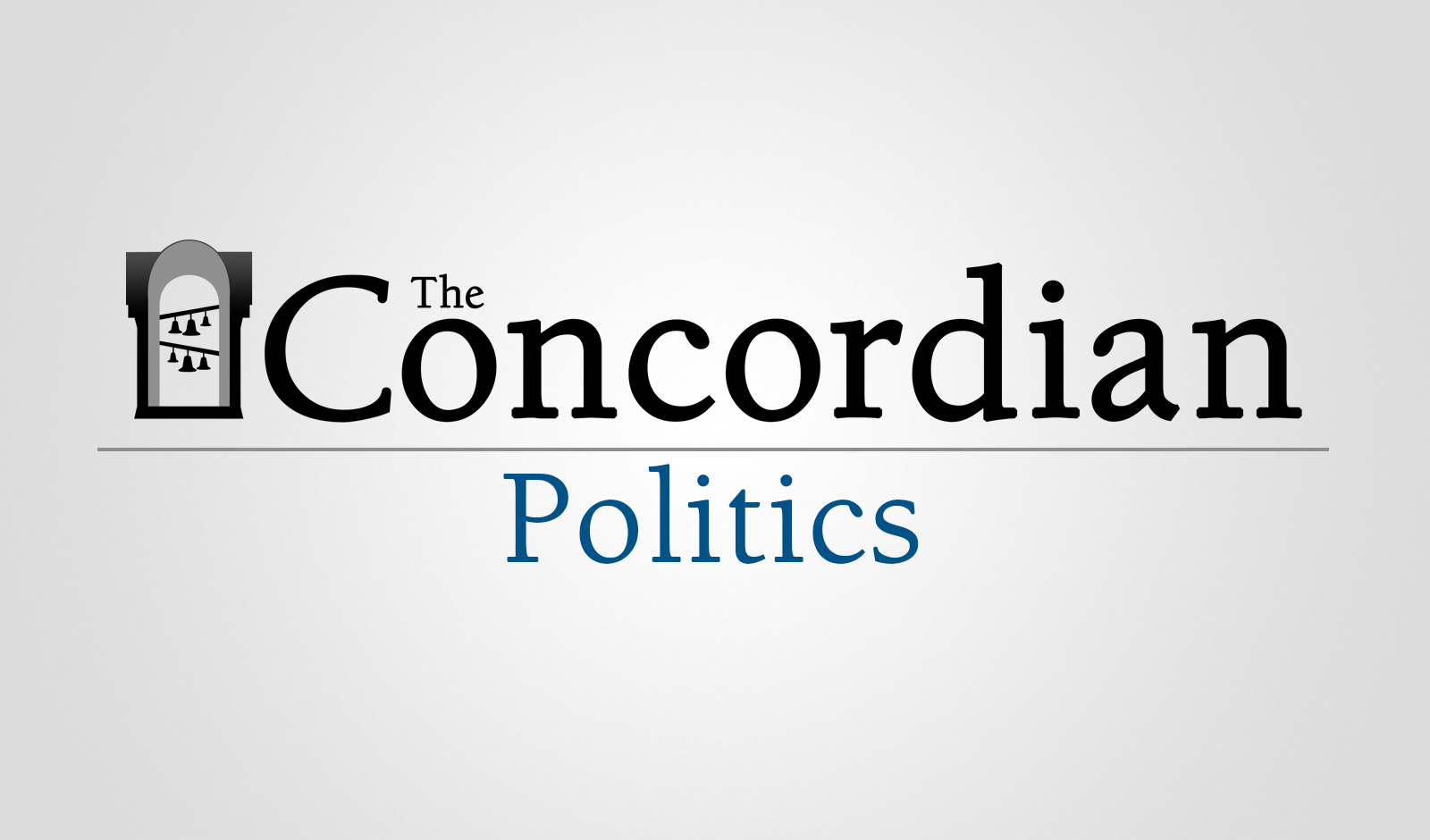View the opposing argument here.
In the very near future, the United States’ relationship with the Middle East will be a very important aspect of our foreign policy. As this situation comes into fruition, there will be an internal debate regarding the attitude the United States should have regarding the states and other groups present there. Right now, I urge the United States to proceed with caution and realize that diplomacy should be our first priority. This means that when responding to events unilaterally, the United States agrees to speak first and hold off on the trigger finger until it understands the situation. The United States can surely learn from some past mistakes where military action was taken before the complexity of the situation was understood. The policy of “diplomacy first” is valuable for a number of reasons. First, it may prevent a future war if states can come to a solution without using military means. Immediately, this may seem to be a moot point. But choosing to intentionally pursue diplomatic routes has some important consequences.
The United States is today’s superpower—with this position comes significant soft power. This means many states in the world takes cues from the United States on appropriate means of action. If the United States, as a practice, attempts to influence other states by power posturing, then other states will follow suit and attempt to achieve political goals by those same means. Following the practice of using diplomatic means first does not mean that one has to forever give up war. It means that a state realizes that war is an absolute last resort. It means that a state seeks to exhaust all other avenues as the moral thing to do, especially when human lives are at stake. The most common objection to this argument is that some states do not act rationally and speaking with them serves no purpose.
These same critics say that the United States should pursue a more militaristic policy when it comes to the states deemed “irrational.” This argument, however, also requires that states be rational actors. Seeking to influence another states behavior by military means assumes that said state will see the potential power that could oppose it and thus act in a specific way. The assertion that a state will respond to external factors requires an assumption of rationality. If we apply this situation to a few areas in particular the practical benefits become clear. First up is Iran.
This is perhaps the hardest case to argue for; Iran is one of the most important actors in the Middle East, and the most difficult. But when it comes to the United States’ strategic interests—there are a number of reasons that pursuing diplomatic ends with Iran is important. First, one should recognize that the politics in Iran are changing—rapidly. The influence of the United States is seeping in at the cracks. The popular (mis)conception that Iranians want to kill America just isn’t true. Another fun fact is that more members of Iranian President Hassani Rouhan’s cabinet have PhD’s from American universities than President Obama’s cabinet. This might shock some people. But it also is important to note that the true hardliners in Iranian politics who ran for the presidential office consistently finished near the very bottom. So the Iran that hates America and wants to do everything in its power to eliminate it is rapidly going out of style. One must also remember that the youth served as the primary supporter in the election of the moderate reform candidate in Iran. This demographic is growing and this could help to continue to moderate Iran—if the United States takes some crucial steps.
In reaction to this change, the United States can embrace it and attempt to find some common values with Iran. Or, taking the more militaristic approach, the United States could attempt to coerce them by swaggering. At this point, the choice should be pretty clear—and the benefits of a “diplomacy first” policy should be pretty obvious.

